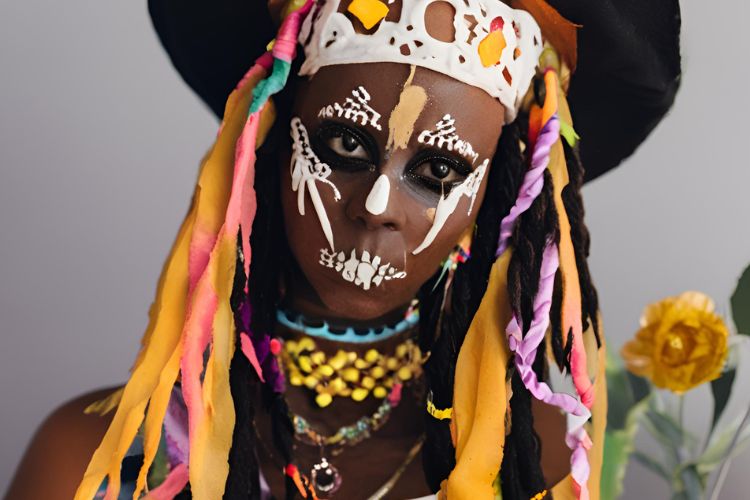Voodoo, a religious practice with roots in Africa, has a long and complex history in the United States. From its origins in the spiritual beliefs of West African communities to its evolution in the Caribbean and its presence in the southern United States, Voodoo has played a significant role in shaping the cultural landscape of America. In Miami, a city known for its diverse population and vibrant cultural scene, Voodoo has left its mark in unique ways. In this blog post, we will delve into the history of Voodoo in Miami, tracing its journey from Africa to America.
The Origins of Voodoo in Africa:
Voodoo, also known as Vodou or Vodun, originated in West Africa among the Fon and Ewe peoples in what is now modern-day Benin, Togo, and Nigeria. The religion is a complex system of spiritual beliefs, rituals, and practices that honor a pantheon of deities, spirits, and ancestors. Central to Voodoo is the belief in the interconnectedness of the physical and spiritual worlds, and the importance of maintaining harmony and balance between them.
Voodoo in the Caribbean:
During the transatlantic slave trade, Voodoo was brought to the Caribbean by enslaved Africans, where it mixed with elements of Catholicism and indigenous Caribbean spirituality. This fusion gave rise to new forms of Voodoo practices in places like Haiti, Jamaica, and Cuba. In Haiti, Voodoo played a pivotal role in the successful slave revolt that led to the country’s independence in 1804, cementing its place as a potent force for resistance and empowerment.
Voodoo in Miami:
In Miami, Voodoo has thrived in the city’s vibrant Haitian and Afro-Caribbean communities. From Little Haiti to Overtown, practitioners of Voodoo have found a place to preserve their traditions and connect with their spiritual roots. Voodoo ceremonies, known as “rituals,” are often held in private homes or community centers, where devotees come together to honor the spirits, seek guidance, and perform healing rituals.
The Influence of Voodoo in Miami:
Voodoo’s influence in Miami extends beyond its religious practices. The cultural impact of Voodoo can be seen in the city’s music, art, and cuisine. The rhythms of traditional Voodoo drumming have found their way into Miami’s vibrant music scene, while the vibrant colors and symbols of Voodoo art adorn galleries and storefronts in neighborhoods like Little Haiti. Additionally, the use of herbs, spices, and other elements of Voodoo in traditional Caribbean cooking has left a lasting imprint on Miami’s culinary landscape.
Conclusion:
The history of Voodoo in Miami is a testament to the resilience and creativity of African diasporic communities in the face of adversity. From its origins in Africa to its evolution in the Caribbean and its presence in the United States, Voodoo continues to be a powerful force for spiritual connection, cultural expression, and community empowerment. As Miami continues to evolve as a diverse and dynamic city, the legacy of Voodoo will undoubtedly play a vital role in shaping its future.

